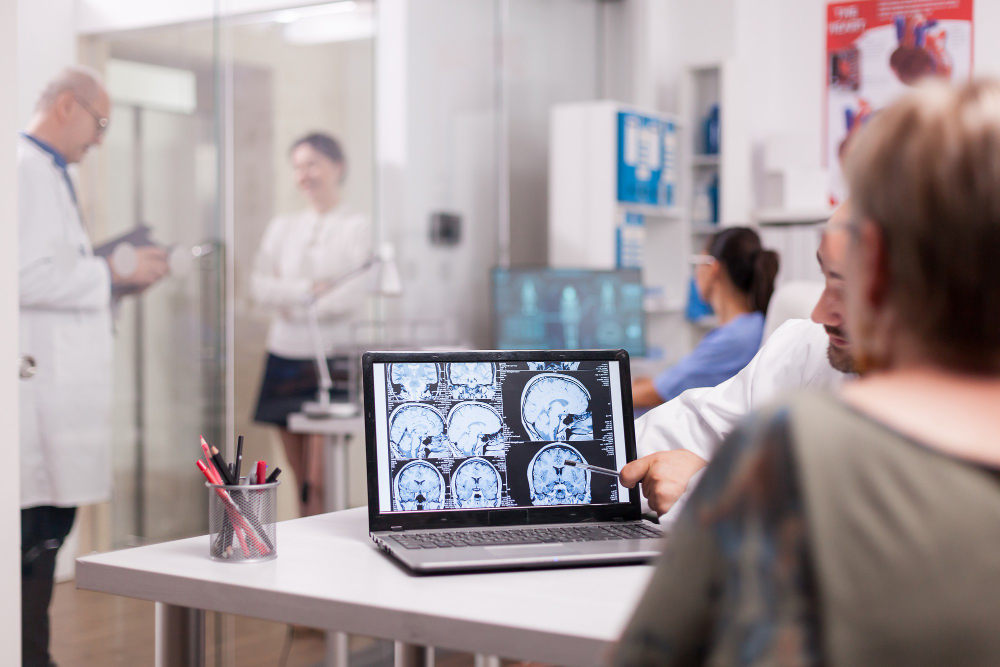Dementia & Memory Loss

Dementia & Memory Loss as people live longer, more and more are experiencing memory loss and dementia. Dementia can show up in many ways, such as:
- Withdrawing from friends and family
- Feeling depressed or anxious
- Trouble sleeping
- Forgetting recent events or conversations
- Becoming restless or agitated
- Struggling with everyday tasks that used to be easy
- Getting lost in familiar places
- Having vision or hearing problems
- Changes in appetite, often leading to weight loss
TMS vs. Medication: A New Hope in Slowing Dementia Progression
The way dementia progresses is different for each person. For some, it moves quickly, while for others it may slow down at times and then worsen again.
Dementia is very difficult not only for the person living with it but also for their loved ones. At this time, medications have only shown limited benefit. However, Transcranial Magnetic Stimulation (TMS) has been shown to slow the progression of dementia by about 44%, compared to the 27% slowing seen with commonly used medications.


Call Us Today!
Start feeling better through TMS – transcranial magnetic stimulation.

